Education
We aim to work with agencies and professionals such as the child’s School/College, Social Worker, Special Needs Service, Social inclusion officer, Virtual School, Educational Psychologist, Connections advisor, Community Education, Area Education Officer, parents (or those with parental responsibility) and most importantly, the young person. The provision of appropriate support, child attendance and punctuality in education is our active focus as partners of care for each young person.
The young person’s key worker will be present at all educational appointments. We ensure that the young person’s learning issues are addressed with agreed plans for resolution before their admission into our service. In occasions whereby young people refuse to attend school or excluded from school, we will work with the young person’s allocated social worker and the education department to seek resolutions to any issues/ difficulties.
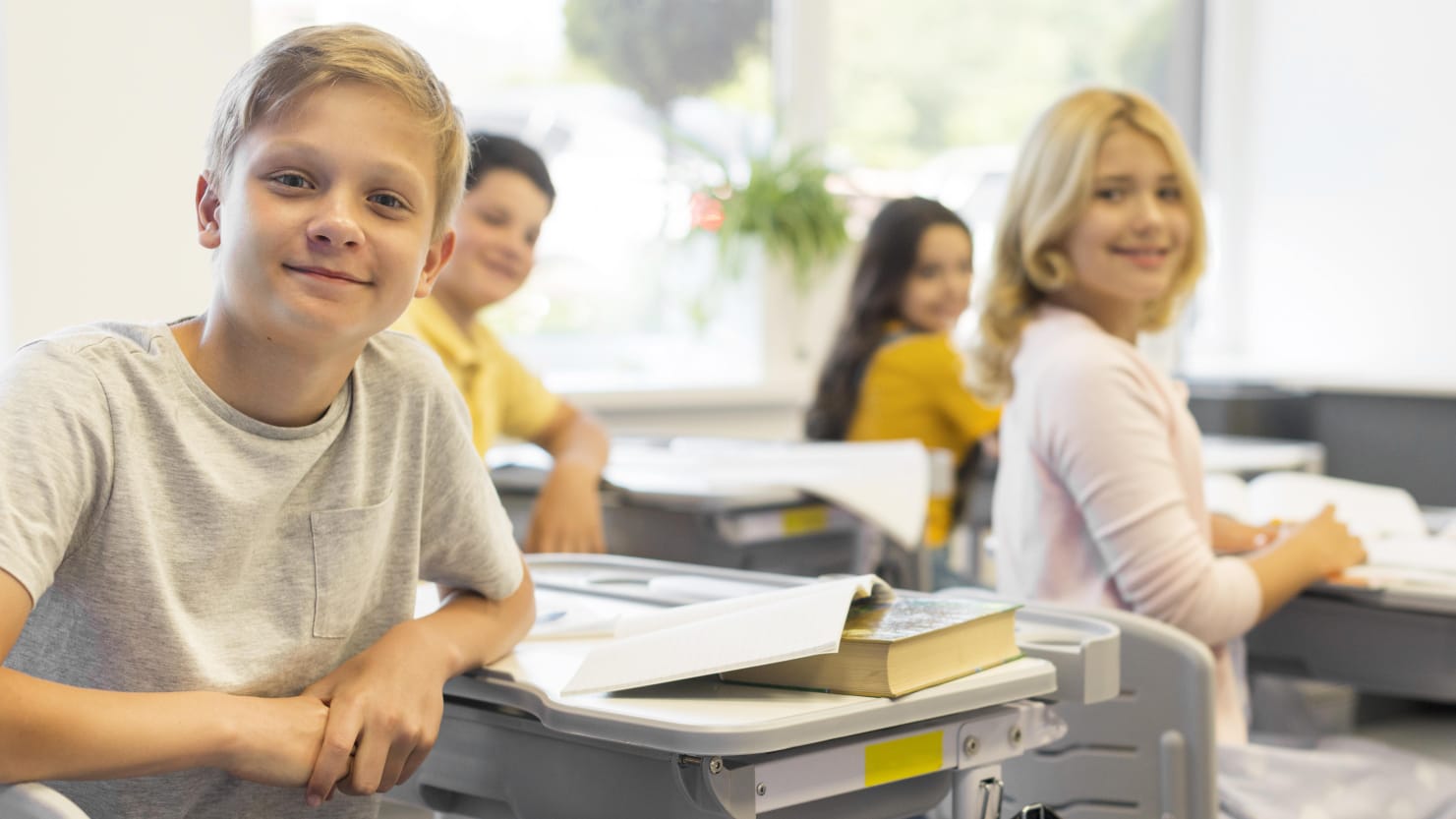
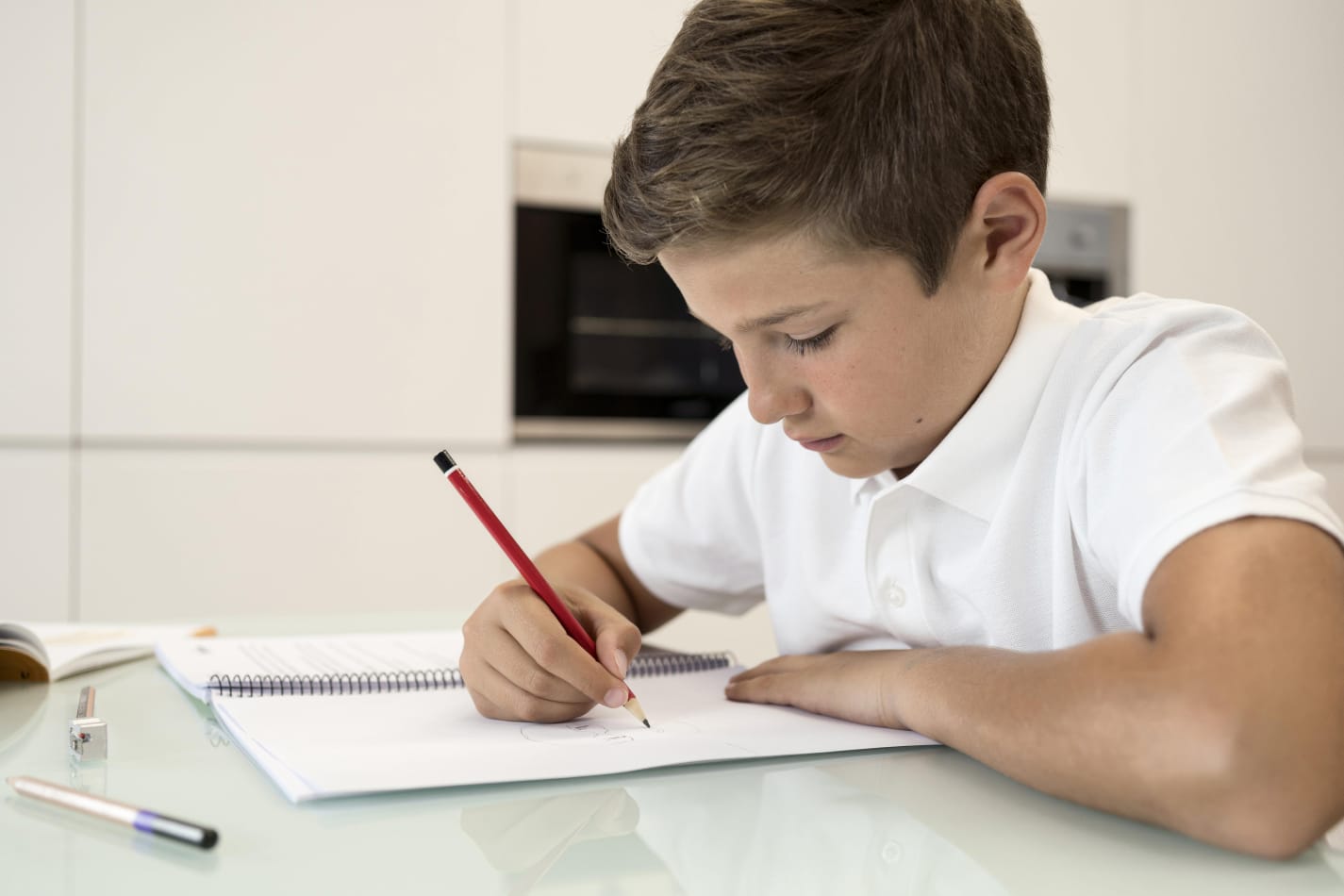
Children and young people in our care may have an Education health care plan (EHC). We do not provide education, nevertheless, we support young people to attend school and follow guidance from their EHC plans. We are committed to supporting young people to attain their maximum potential. We work in collaboration with all other professionals and agencies to ensure that the educational needs of the children in our care are met.
Working with DfE registered schools to offer:
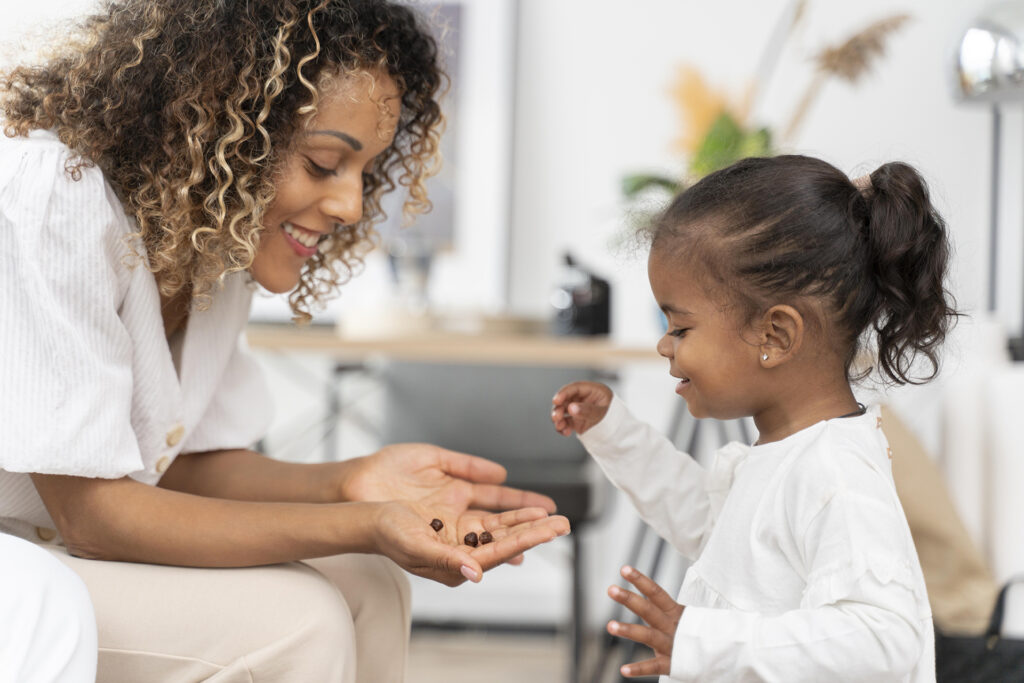 We place a heavy emphasis on listening to and supporting young people in achieving their goals and realising their dreams and aspirations.
We place a heavy emphasis on listening to and supporting young people in achieving their goals and realising their dreams and aspirations.
Our team provide caring and appropriate role models who are experienced and well trained in offering a service that covers important “outcomes” for young people, through the application of choices, activities and consistent boundaries.
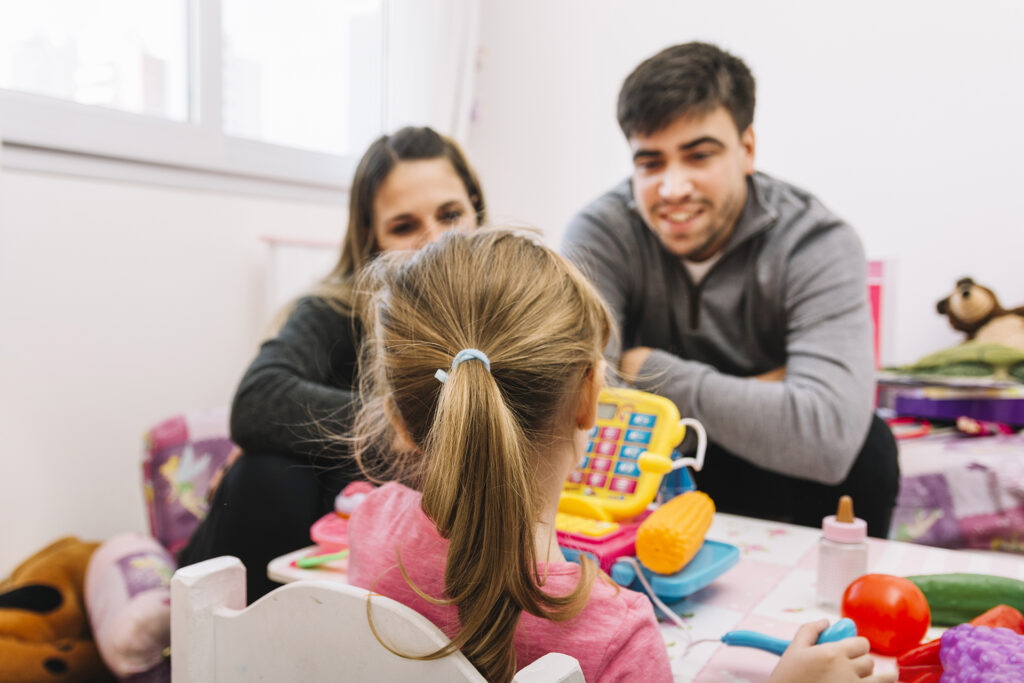 We strongly believe and actively pursue that every child should be given the same opportunities.
We strongly believe and actively pursue that every child should be given the same opportunities.
Access to vast and varied activities specifically developed and supported, encourage young people to access their local and wider community.
We also develop tailored independence programs to teach a variety of personal, social and independence skills that will allow young people to grow, take control of their futures.
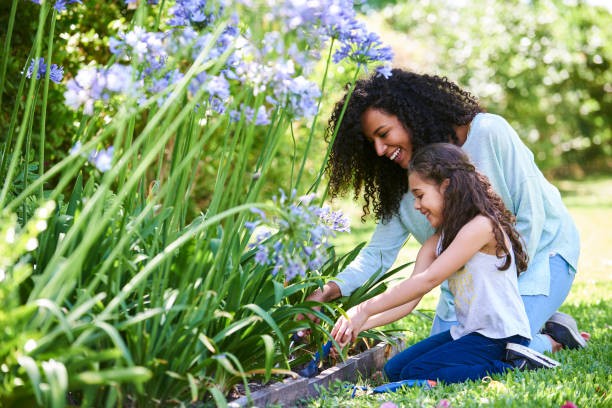 We use a combination of praise and recognition, with routines and boundaries to promote positive behaviour. Staff support the young person to understand their behaviour and to understand why there is a need to set goals and boundaries. We hope to enhance the young person’s self-esteem and promote positive expectations for their future behaviour.
We use a combination of praise and recognition, with routines and boundaries to promote positive behaviour. Staff support the young person to understand their behaviour and to understand why there is a need to set goals and boundaries. We hope to enhance the young person’s self-esteem and promote positive expectations for their future behaviour.

